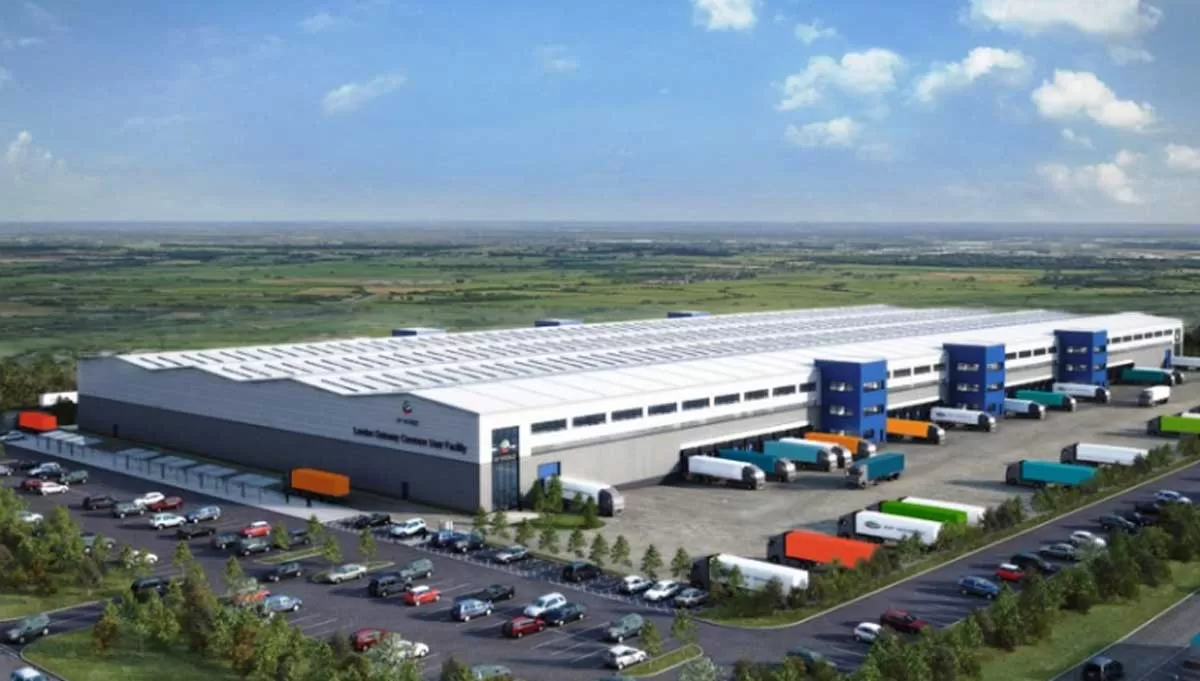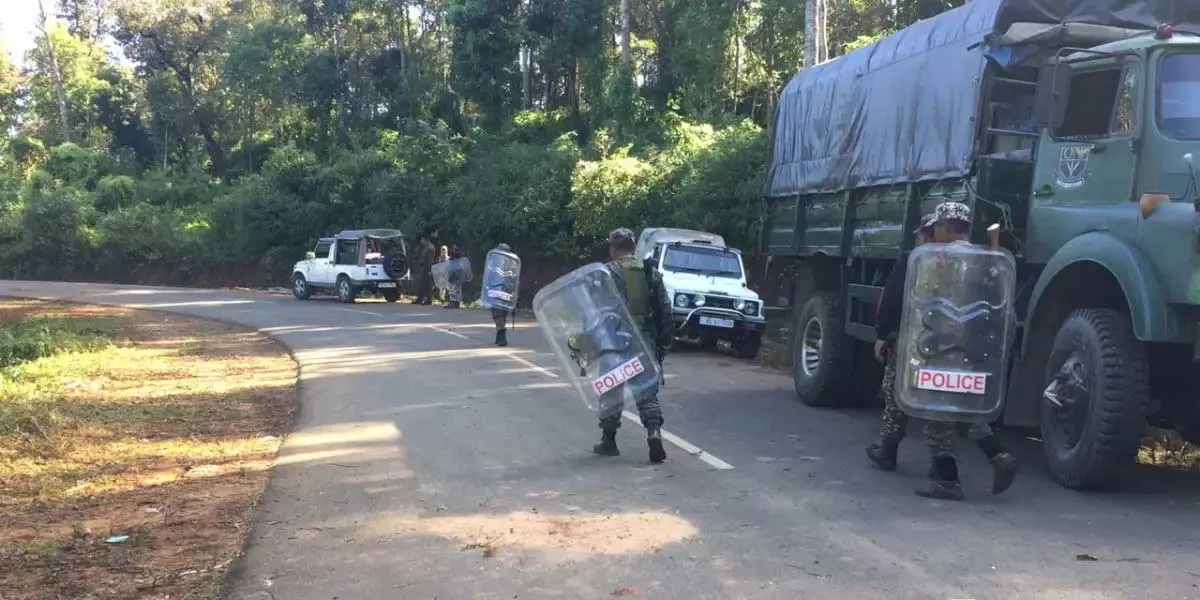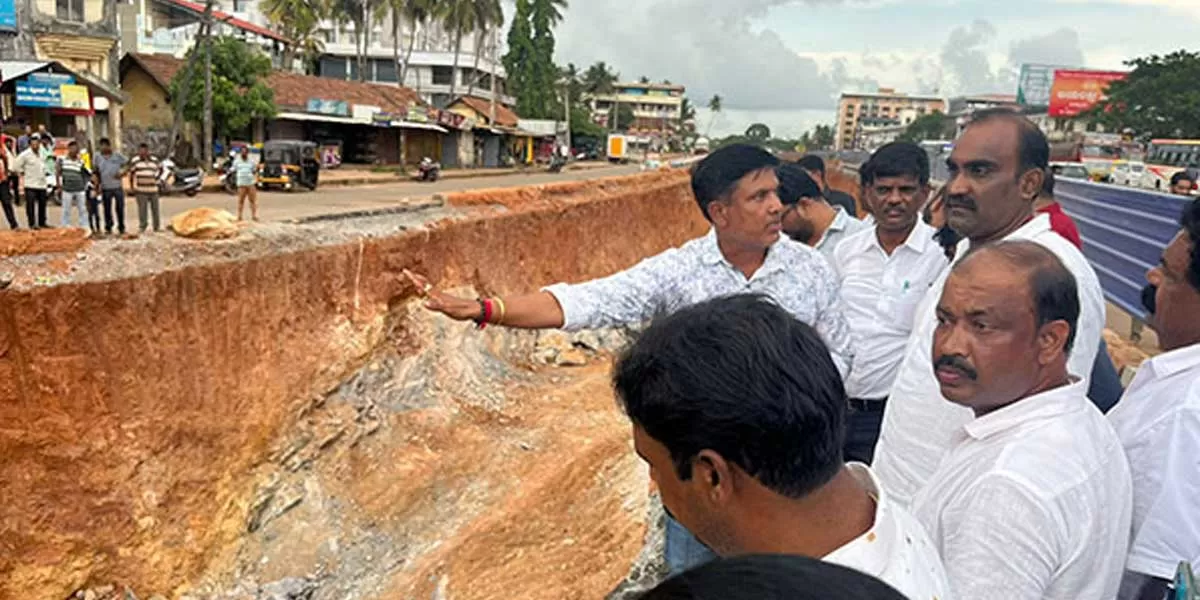
Warehouse Developers Thrive as Companies Diversify.

Afcons shares gain momentum with Bhopal Metro Line 2 project
Afcons Infrastructure made a quiet debut on the stock market on Monday but quickly gained momentum after emerging as the lowest bidder for the Bhopal metro project line 2 package.The Bhopal Metro Phase 1 project’s 12.915 km Blue Line (Line-2) will link Bhadbhada Chauraha and Ratnagiri Tiraha, spanning 13 elevated stations. This package, issued by the Madhya Pradesh Metro Rail Corporation (MPMRCL), involves constructing all 13 stations of the Blue Line’s viaduct. The depot will also be shared with the Orange Line (Karond Circle to AIIMS) for maintenance and stabling purposes.Afcons’ exten..

Locals urge CM to opt for road bypass over flyover at Dandeavaddo
Chinchinim villagers respectfully requested Pramod Sawant, Chief Minister, to instruct the Public Works Department (PWD) and the National Highway authorities to construct a road bypass instead of a flyover on the Dandeavaddo stretch of NH66. The villagers, led by Sarpanch Frank Viegas and Velim MLA Cruz Silva, also raised the long-standing issue of building the Chinchinim Panchayat Ghar and a multi-purpose project on panchayat land that was acquired more than 15 years ago. The delegation met the Chief Minister at the St. Sebastian Chapel junction in Chinchinim as he was returning home from a..

MLA Yashpal Suvarna Announces Malpe-Udupi Highway Construction from Nov 6
MLA Yashpal Suvarna instructed officials to commence work on the Malpe-Udupi Highway on Wednesday. A meeting took place, attended by MP Kota Shrinivas Poojary, Udupi MLA Yashpal Suvarna, and Kaup MLA Suresh Shetty Gurme, to discuss the National Highway 169A project, which spans from Malpe to Udupi, covering areas like Hiriyadka, Parkala, and Perdur. The project had experienced delays due to incomplete land acquisition, but compensation notices have now been issued to the landowners. Of the 214 land acquisition files, 19 pertain to government land, while 195 involve private owners. Notices ha..













